Beautiful Plants For Your Interior

The word fat has some negative feelings towards it which are understandable since a lot of health blogs and posts talk about reducing fat in your diet and eating foods low in saturated fats. However, there are some healthy fats out there that do need to be part of a healthy diet, for instance, polyunsaturated fats, unsaturated fats, and monounsaturated fats are essential fatty acids that the body needs.
Despite what people may think, not all fats are bad, it just depends on the types of fat and how much is used. Things such as saturated fat and trans fats need to be something seriously reduced or cut out completely from your diet, so you can lead a healthy lifestyle.
Understanding the role of fat in our diet is crucial, especially when it comes to maintaining heart health and preventing cardiovascular diseases. Healthy fats, such as monounsaturated and polyunsaturated fats, play an important role in supporting heart function. These fats contribute to lowering bad cholesterol levels, reducing inflammation, and supporting overall cardiovascular health. Consulting with a knowledgeable healthcare professional, such as a cardiologist in Newton, NJ (if that’s where you’re based) can provide personalized insights into crafting a heart-healthy diet.
Contrarily, too much saturated fat can raise cholesterol levels and put you at risk of heart disease which is detrimental to the body. This article will delve into what fats are needed in the body and which ones should be steered clear of for a healthy diet.

What Are The Different Types of Fat?
There are four different types of fat that come under the two main headings of saturated fat & unsaturated fat –
- Saturated fats
- Trans fats
- Polyunsaturated fats
- Monounsaturated fats
Fats are either classed as saturated or unsaturated depending on their chemical structure. Foods do contain a mixture of both, but one is higher than the other depending on which source is more dominant within the food. Foods high in saturated fats are generally seen as bad, whilst unsaturated fats have a better reputation as they can help reduce cholesterol levels.
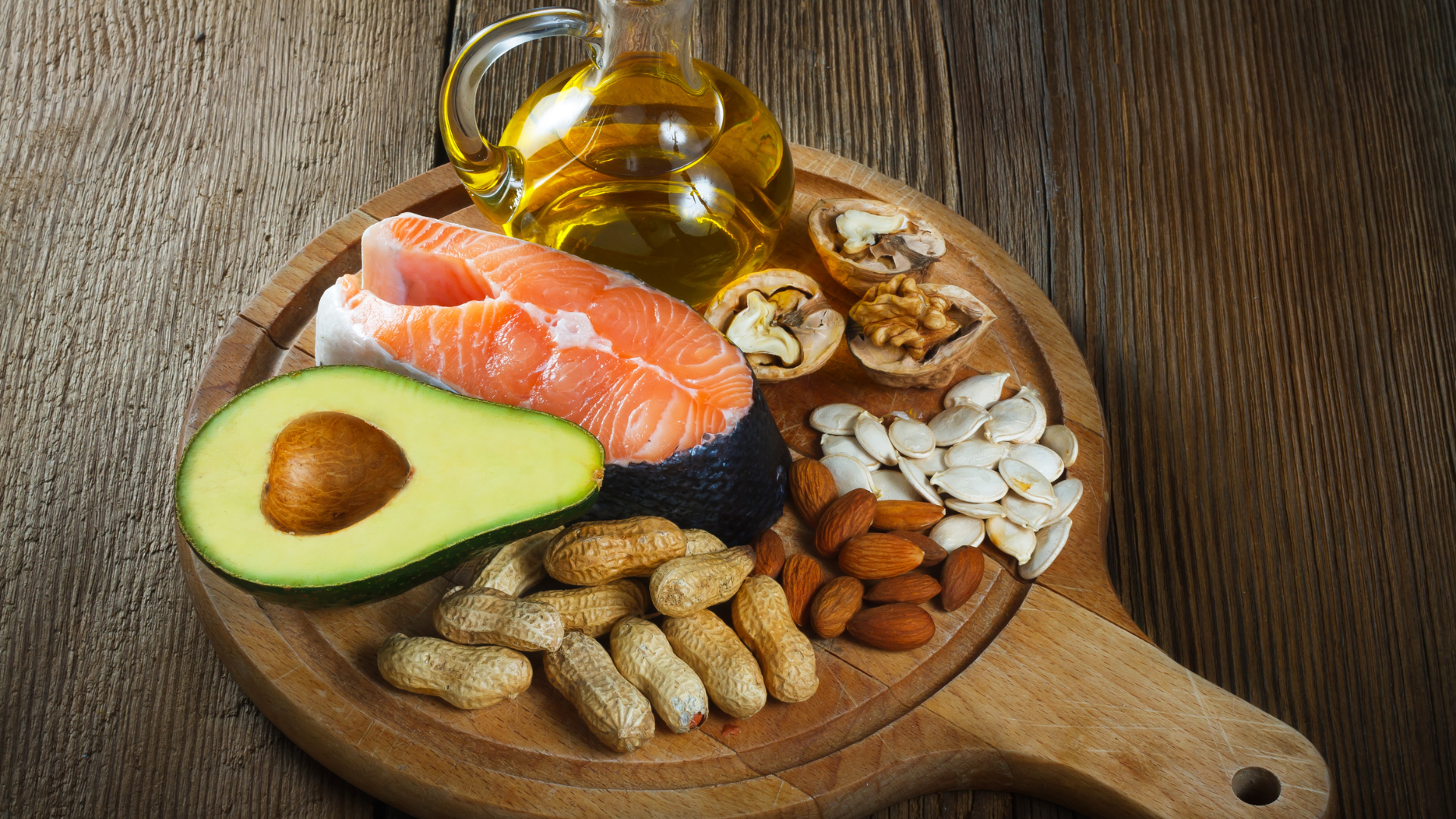
Saturated Fats
Saturated fat is found in many different foods from sweet to savory. They are usually sourced from animals as well as plant foods like coconut oil and palm oil. Foods high in saturated fats are –
- Processed meat & fried foods
- Fatty meat
- Cheese
- Milk
- Cream
- Lard & ghee
- Biscuits, cakes & pastries
Eating too much of these foods can cause bad cholesterol levels to rise in your blood and which can affect the heart and brain leading to stroke and heart disease. Unfortunately, people nowadays each too much saturated fat in their diet which causes weight gain due to higher levels of body fat.
Reducing saturated fat intake and replacing saturated fat with unsaturated fat can stop cholesterol from rising and promote a healthier lifestyle.
However, it is undeniable that there are some benefits associated with consuming saturated fats, such as pure organic ghee and cheese. They can provide a concentrated source of calories, which the body can use for energy. This can be particularly beneficial in situations where immediate energy is needed. Additionally, they can play a crucial role in absorption of fat soluble vitamins. Those looking to add the benefits of saturated fats into their diet, can find different foods such as cheese and organic ghee UK (or wherever they are from) in stores near them or online. Keep in mind that it should be consumed in moderation to reap maximum benefits.
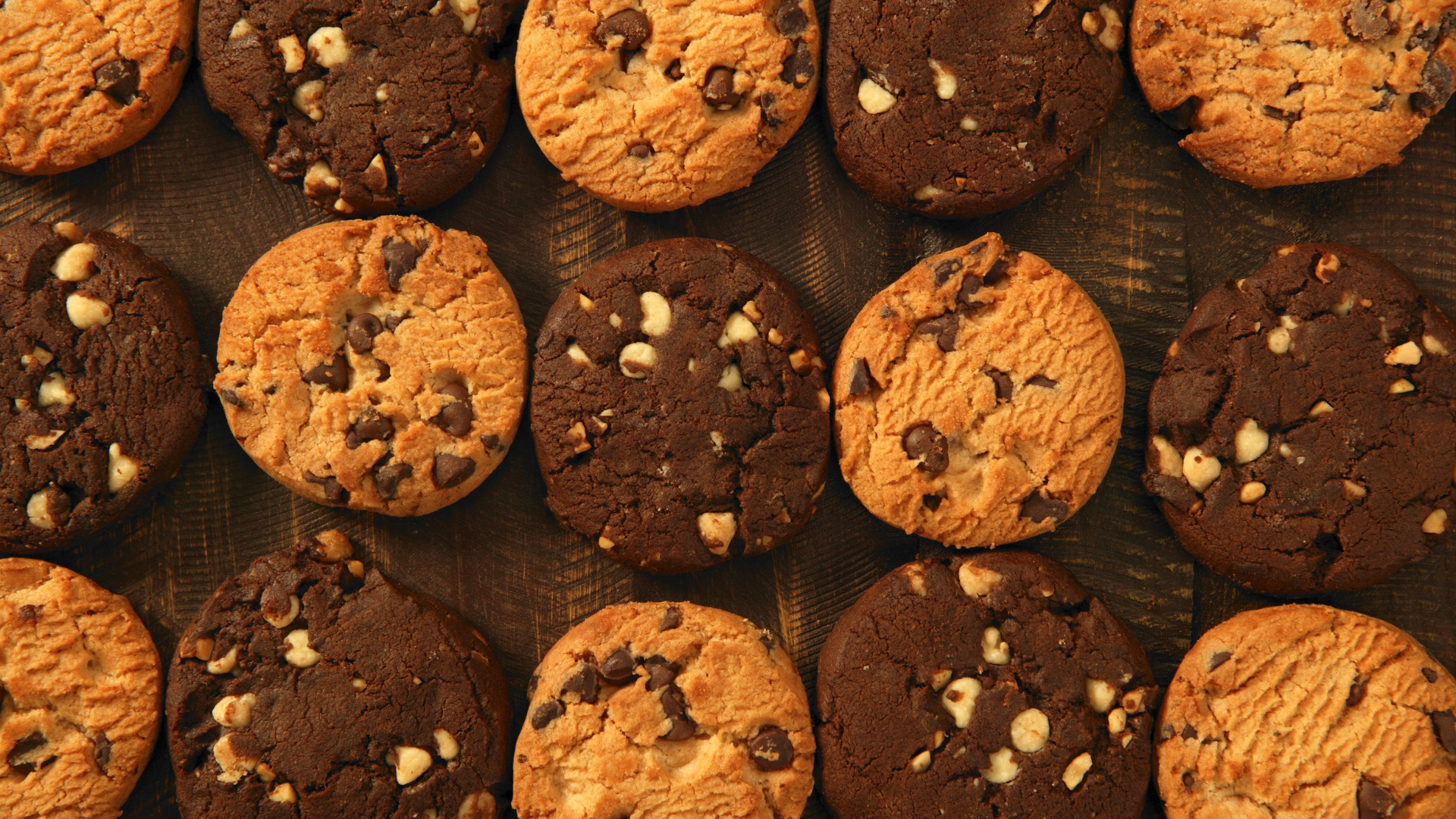
Trans Fats
This type of fat is normally found in foods but at a low level, for instance, meat and dairy products are where they are typically found. They are also noted to be in partially hydrogenated vegetable oils.
Just as saturated fats do, hydrogenated vegetable oil can raise cholesterol. Luckily hydrogenated vegetable oils have mostly been taken out of a lot of products by supermarkets. These unhealthy fats are luckily not too high in foods, but saturated fat is, so that is the one that needs to be reduced significantly.
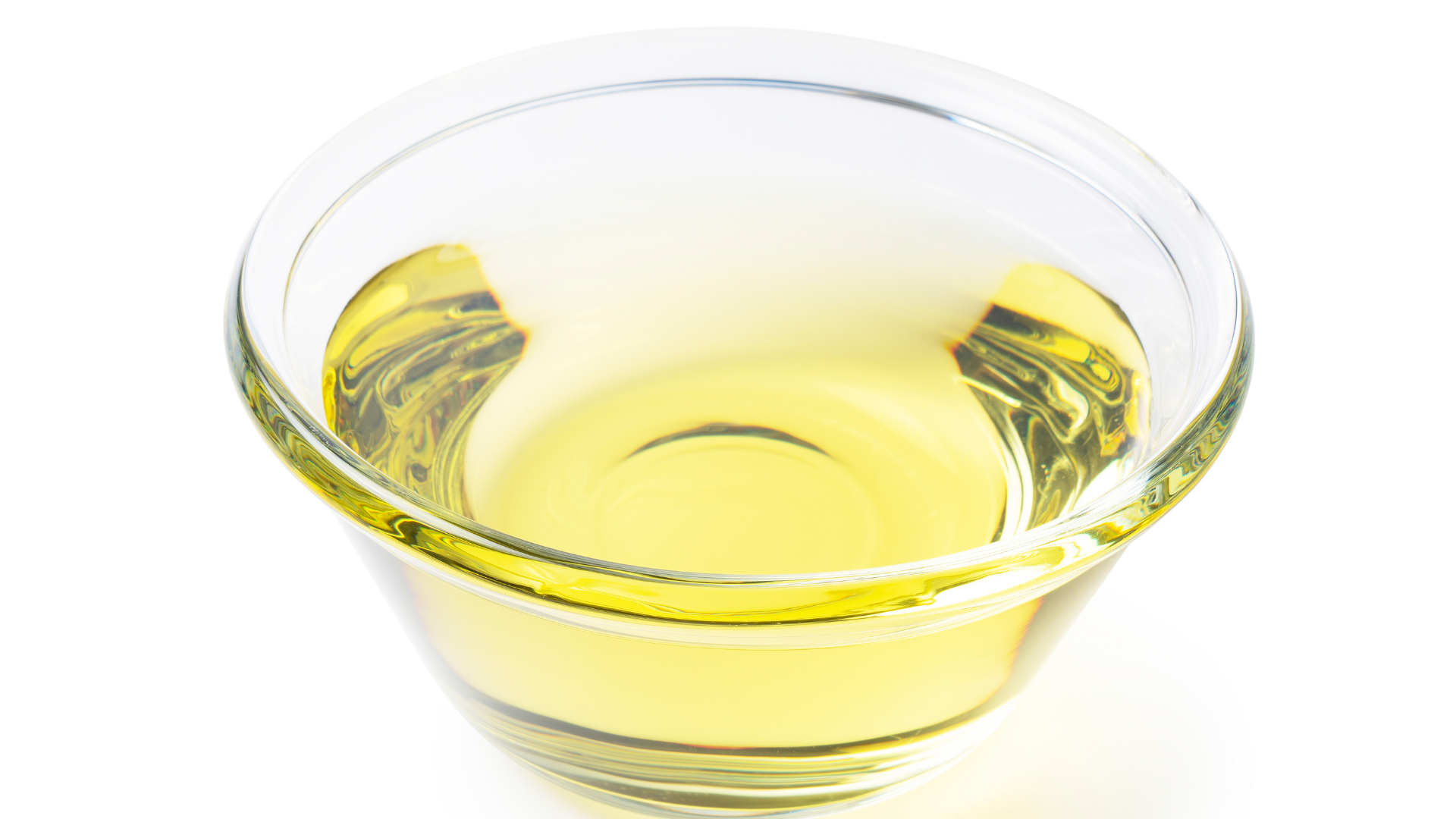
Polyunsaturated Fats
Now we are on to the healthy dietary fats that are great for the body and should be fats that are sought after more. Foods with polyunsaturated fat can aid in lowering LDL cholesterol (the bad type), which can help the heart.
There are two types of polyunsaturated fats and they are –
- Omega-6 fats: found in vegetable oils like rapeseed oil, corn oil, sunflower oil, and some nuts.
- Omega-3 fats: found in fatty fish and oily fish like kippers, herring, trout, sardines, and salmon.
It is important to have a healthy balance of both of these Omegas so that the body can consume an adequate dietary fat intake to feed the body and support it. Essential fatty acids should never be looked over as they play an important part in the body.

Monounsaturated Fats
Monounsaturated fats are more healthy dietary fats that can protect the heart by raising healthy cholesterol (HDL) and lowering bad cholesterol.
You can find monounsaturated fat in –
- Olive oil & rapeseed oil
- Avocados
- Almonds, brazil nuts, and peanuts
These are healthier fats for the body, however, it is still best to have them in moderation so you can stick to a healthy dietary pattern and maintain healthy cholesterol levels to stave off heart disease and high cholesterol.
When cooking with oils like olive oil, brush it over foods like chicken and vegetables rather than dumping it in the pan, as you don’t want to add too much fat to your food. Stick to your healthy fats as much as possible.
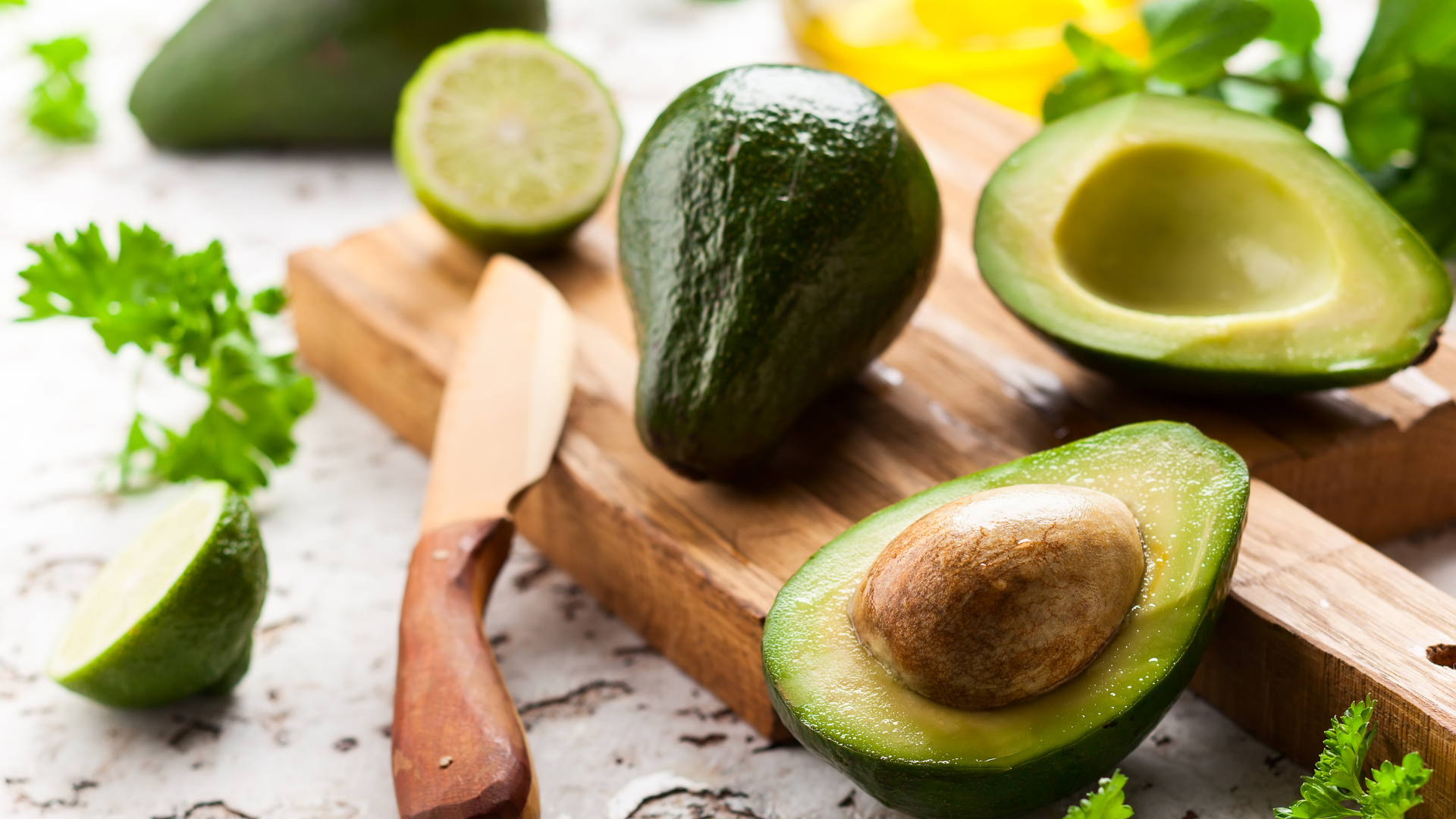
Why Do We Need Fat In Our Diet?
There is a reason why we need to consume fat, the difference is how we are taking in that fat and what we are doing with it. High fat food after a while is not a good option and those excess calories are not doing our bodies any favours in the long run. It’s important we maintain our weight at a healthy level and put into it what we need in moderation.
Trans fats, saturated fats, and any other unhealthy fats are just going to raise the risk of heart disease and cause more issues down the line, that is why it is important to educate ourselves on the topic and see what else we need to do to remain aware and cautious.
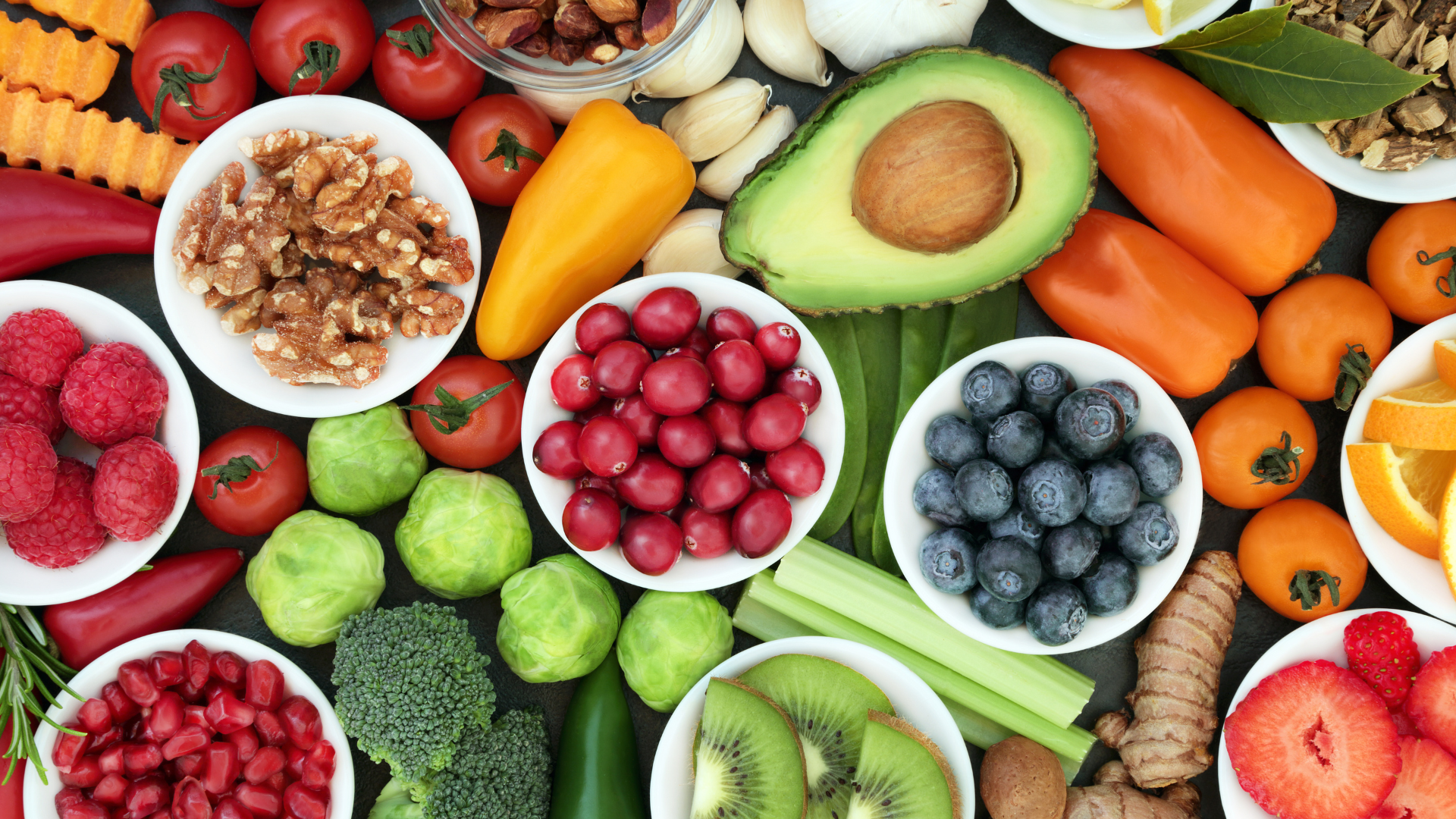
Fat Soluble Vitamins
Fat helps absorb fat soluble vitamins such as A, D, and E, which our bodies need. They are found in vegetable oils, dairy foods, and animal fats. This only becomes an issue and adds to the fat stores in the body if the fat you have consumed has not been used by your cells or turned into energy.
Supports The Brain
Eating more good fats and less bad fats is a great way at making sure the brain remains healthy. There have been studies linking good fats to a lower risk of Alzheimer’s disease.
Reducing fatty foods like butter, hard cheese, and full fat dairy, and then replacing them with a balanced diet of fatty fish, olive oil, and other healthy foods, can be better for the brain, and potentially reduce inflammation.
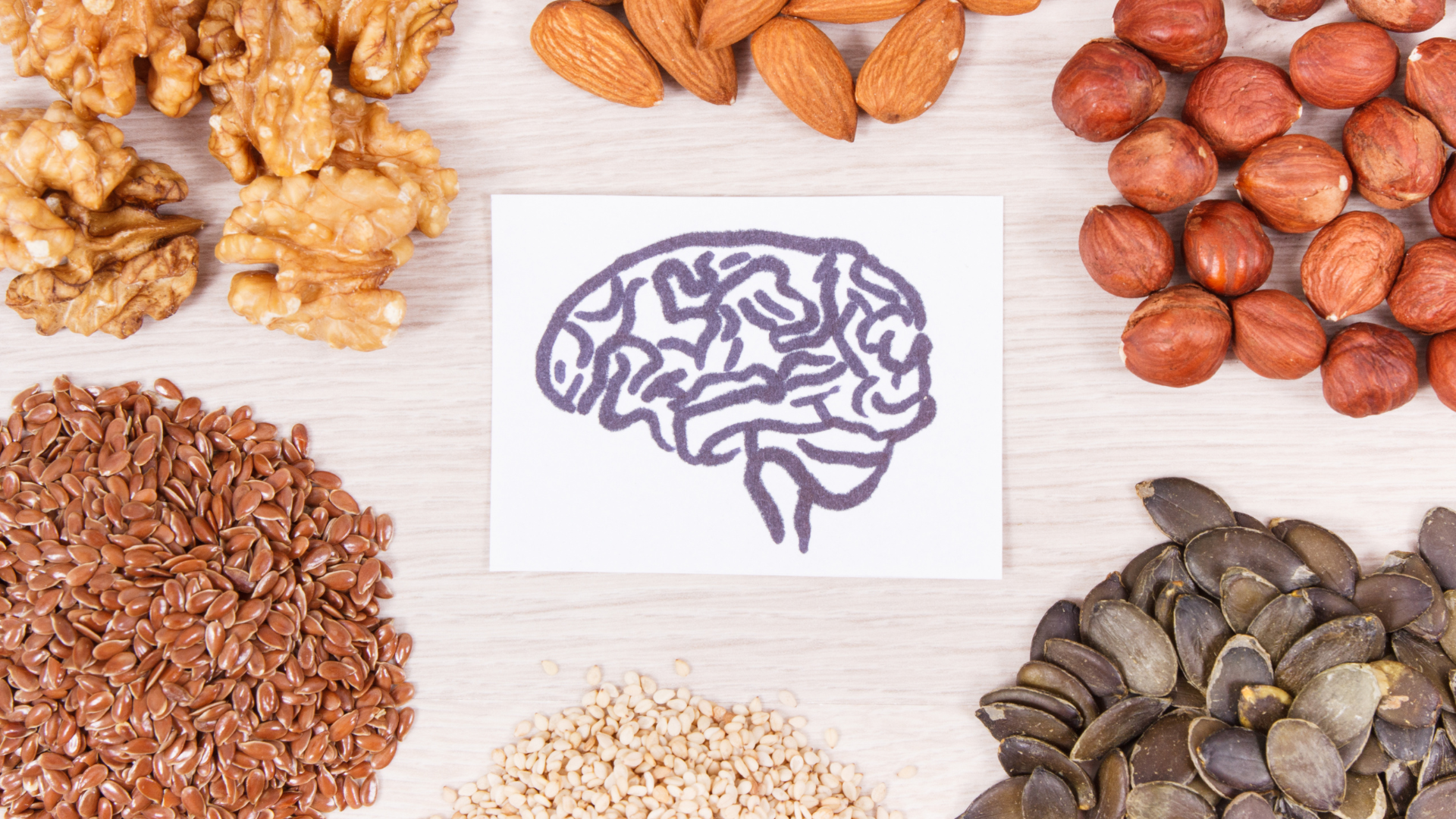
Good Source of Energy
Carbohydrates are an important part of producing energy for the body, however, dietary fats are more energy efficient and they are used for longer-term energy storage. It can support the body a lot better with the energy it needs at certain points and it comes in handy for endurance activities. So there are some important uses of fat in your diet that shouldn’t be overlooked.
Helps Hormones
People who eat a higher amount of polyunsaturated fats such as Omega-3’s can enhance their fertility, some research has shown. So consuming a low fat diet can actually help both men and women with their fertility journey as linoleic acid (Omega-6) can regulate the function of testes in men, just like it can with women’s ovaries.

Conclusion
If you have always had black-and-white thinking about fats and have always believed them to be bad with no nutritional or supportive value, hopefully, this article has shown you that it is simply not true and fats do have a significant part to play in helping our bodies get the vitamins and nutrients they need to work. Don’t fear fat, just make sure you are having the right types.



